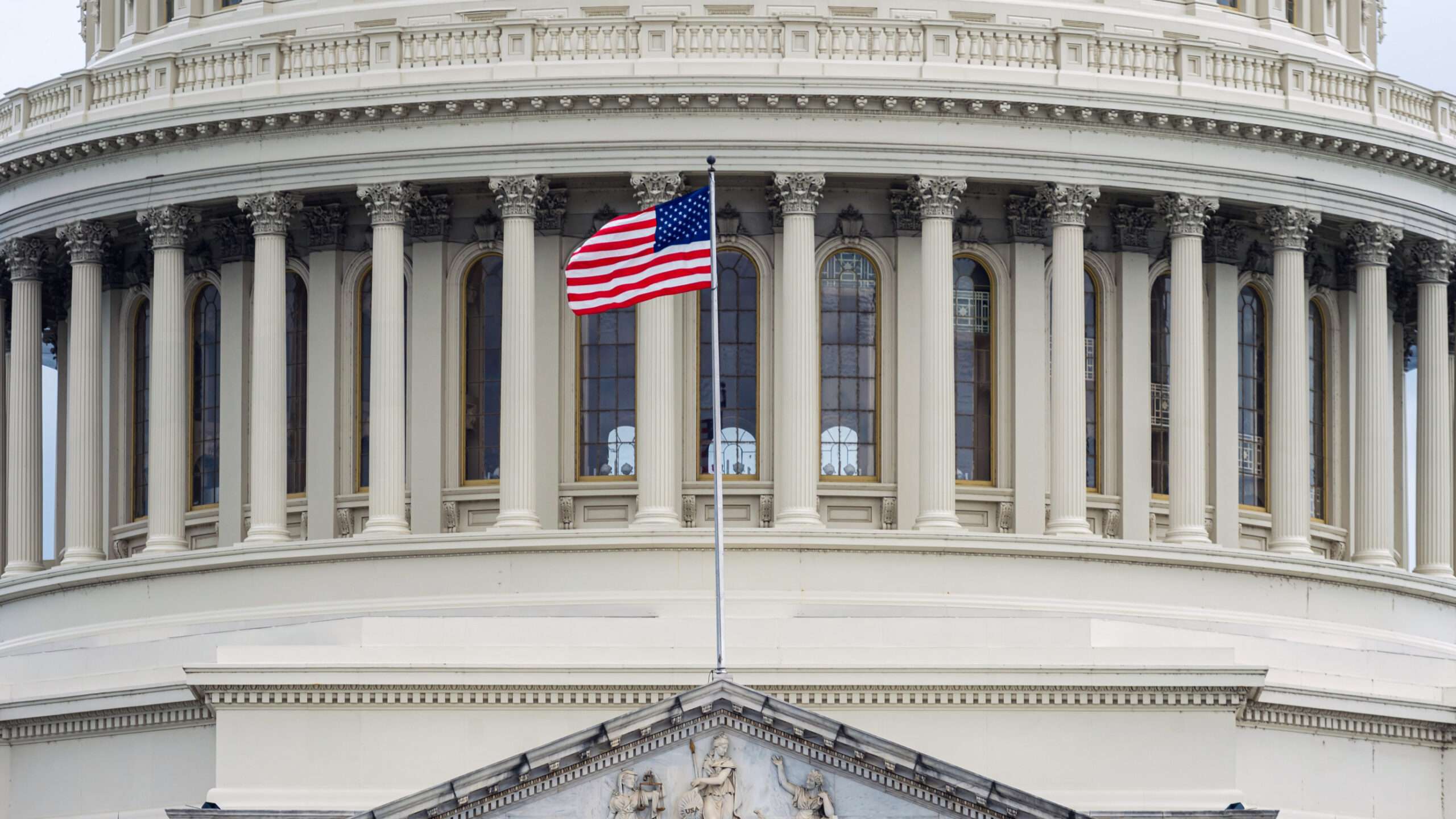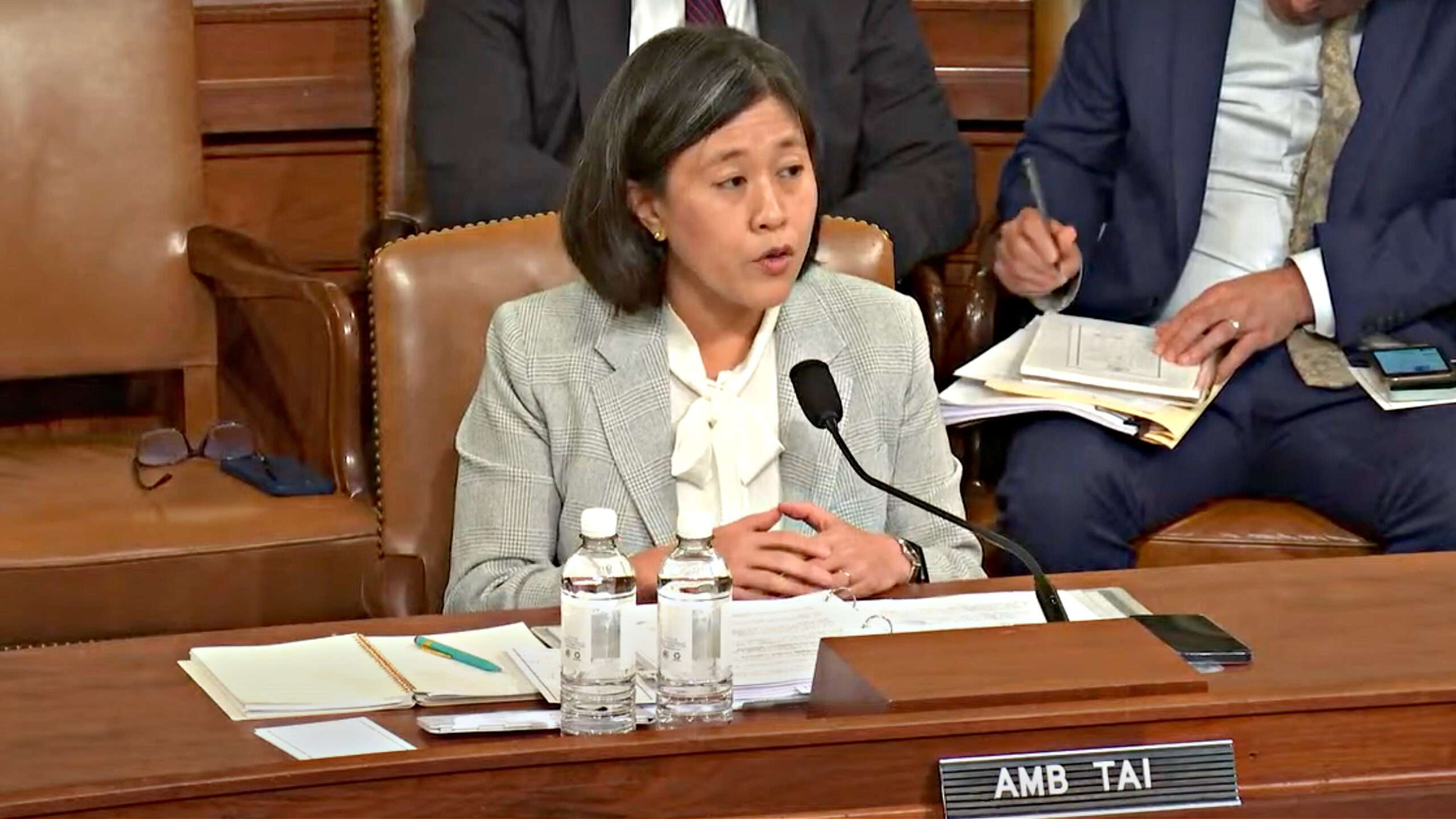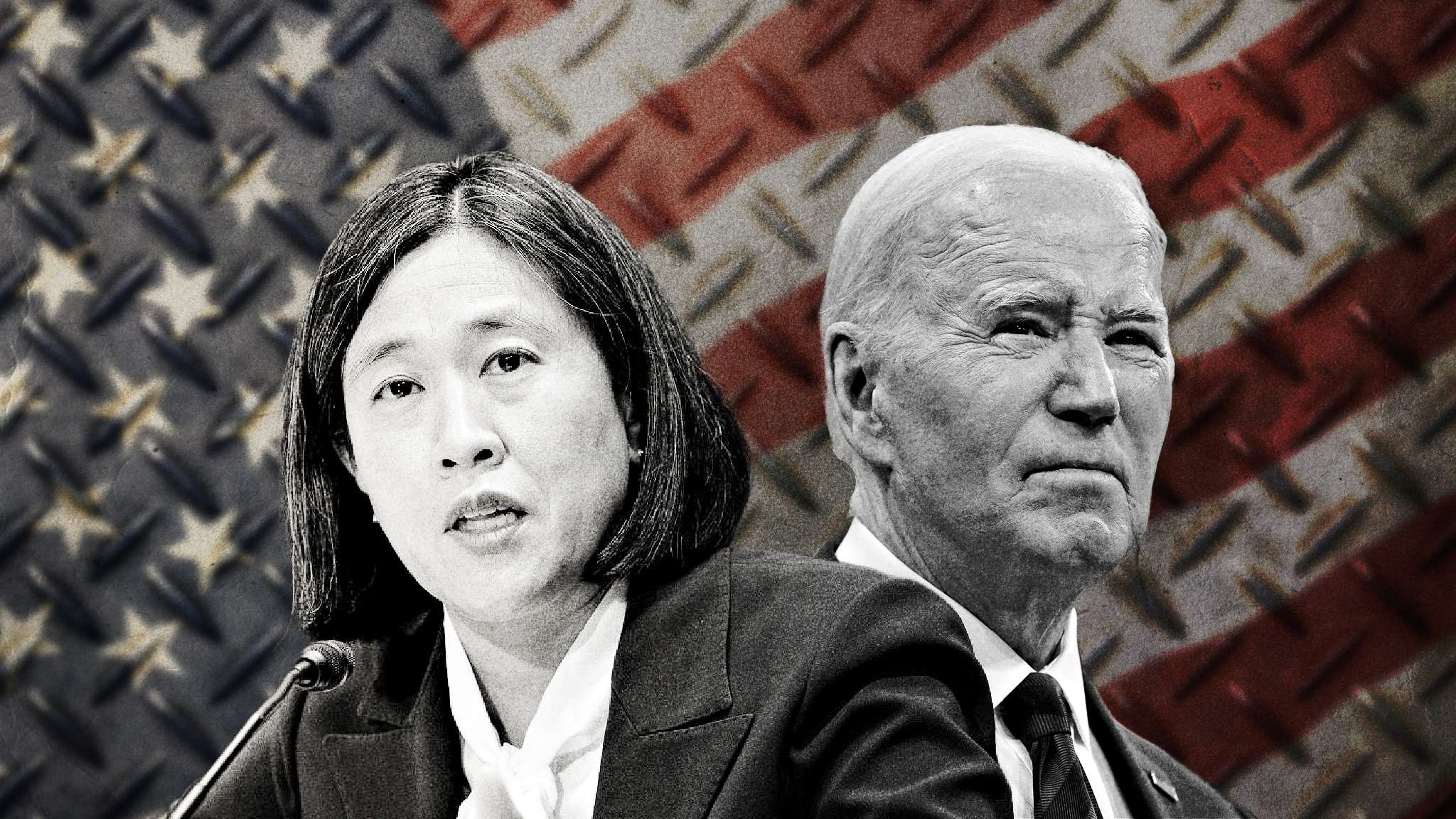In its nomination of Donald Trump, the electorate has delivered a powerful, historic message for policy change to the Republican Party’s leadership. Out of 17 candidates, Trump emerged with the most votes of any GOP nominee ever – 14 million. His political rise has shattered old party orthodoxies on Free Trade, hawkish foreign policy, open borders and austerity.
[Bretton Woods Research| August 3, 2016 |Bretton Woods Research LLC]
Instead of adapting, Ryan is digging in his heels.
On Monday, in the midst of an August 9 primary contest in his Janesville district against pro-Trump millionaire Paul Nehlen, Ryan spoke at a Koch Brothers retreat in Colorado arguing he and like-minded conservatives were in a fight to “retake the soul of our own party.” While he blasted Trump’s trade policy platform, he implied his mission and purpose was to try to give the Republican Party moral ballast in this election cycle. Ryan received a standing ovation after his remarks from the 400 GOP donors in attendance.
The policy animus between Team Trump and Team Ryan is unmistakable.
Ryan has almost never challenged the mainstream media to defend Trump from criticism, and he’s arguably participated in the pile-ons – with the Khizr Khan controversy being the latest one.
On Monday night, Trump tweeted praise for Nehlen after Ryan tweaked Trump for going after Khan. The next day, after the Washington Post asked Trump if he would endorse Ryan, he said, “I like Paul, but these are horrible times for our country. We need very, very strong leadership. And I’m just not quite there yet.”
Importantly, on Tuesday night incumbent Republican Congressman Tim Huelskamp lost his Kansas primary contest against challenger obstetrician-gynecologist Roger Marshall.
Most of the media has been trying to tie Huelskamp’s loss to his being kicked off Washington’s Agriculture Committee back in 2012 and the fact that the state’s influential agricultural associations, including the Kansas Farm Bureau, as well as the Chamber of Commerce lined up behind Marshall. For instance, the New York Times write up today does not mention that in 2014 Huelskamp had a similar primary challenge. The Kansas Farm Bureau lined up against him, but he prevailed with 55% of the vote, before going on to win 68% in the general election. Nor does the article mention Huelskamp’s public statements against Trump.
Trump was arguably a key factor.
Huelskamp, who supported Ted Cruz’s primary candidacy, was arguably one of the most vocal #NeverTrump foot soldiers in Congress. He seemingly never missed an opportunity this year to publicize a television appearance to disparage Trump. Two weeks before the August 2 primary, he received Cruz’s endorsement. In the final days of the campaign, Huelskamp toured Kansas with Cruz.
Roger Marshall was, on the other hand, pro-Trump.
Marshall beat Huelskamp in a 13-point landslide, 56.5% to 43.5%.
Polls from May showed Paul Ryan with a massive73-63 point lead over Nehlen. More recent polling suggests Nehlen has closed within striking distance, as he heads into next Tuesday’s primary. Huelskamp’s experience may serve as a cautionary note.
According to The Hill, Ryan’s primary strategy has been to ignore any mention of Nehlen. Where Eric Cantor bought attack ads only to be tossed out by voters who saw Dave Brat as an acceptable alternative, Ryan has studiously avoided all mentions of Nehlen. The last thing Team Ryan wants is name recognition for Nehlen. But with Trump’s tweets to Nehlen and conservative celebrities such as Ann Coulter and Michelle Malkin coming to Wisconsin to support Nehlen’s challenge, Ryan may have reason to worry.
Last month, Alabama Senator Jeff Sessions explained to MSNBC’s Morning Joe what the nomination of Donald Trump has done specifically for the old doctrine on free trade.
SCARBOROUGH: So how do you square that with what Paul Ryan believes, what Mitch McConnell believes? What the overwhelming number of Republicans in Congress believe about trade?
SESSIONS: Well, I was part of that, but we’ve got to look at the data.
SCARBOROUGH: They’re still over there. You and Donald Trump and a couple other Washington — Donald Trump are sitting, one (ph).
SESSIONS: Right, he did. And the Republican Party is the Republican voters. And they are on Trump’s side
SCARBOROUGH: Yes.
SESSIONS: — in sentiment.
SCARBOROUGH: So does Paul Ryan need to change?
SESSIONS: Absolutely he needs to change. Just like I have













